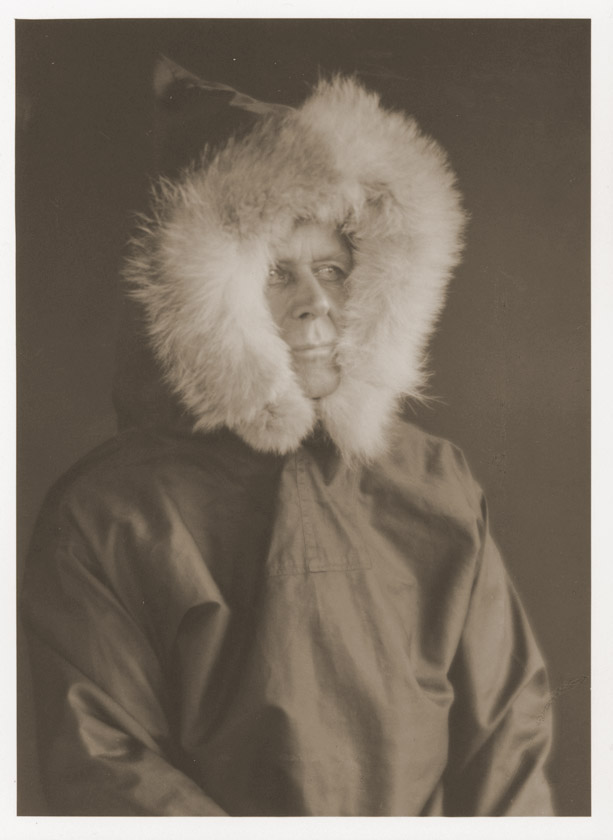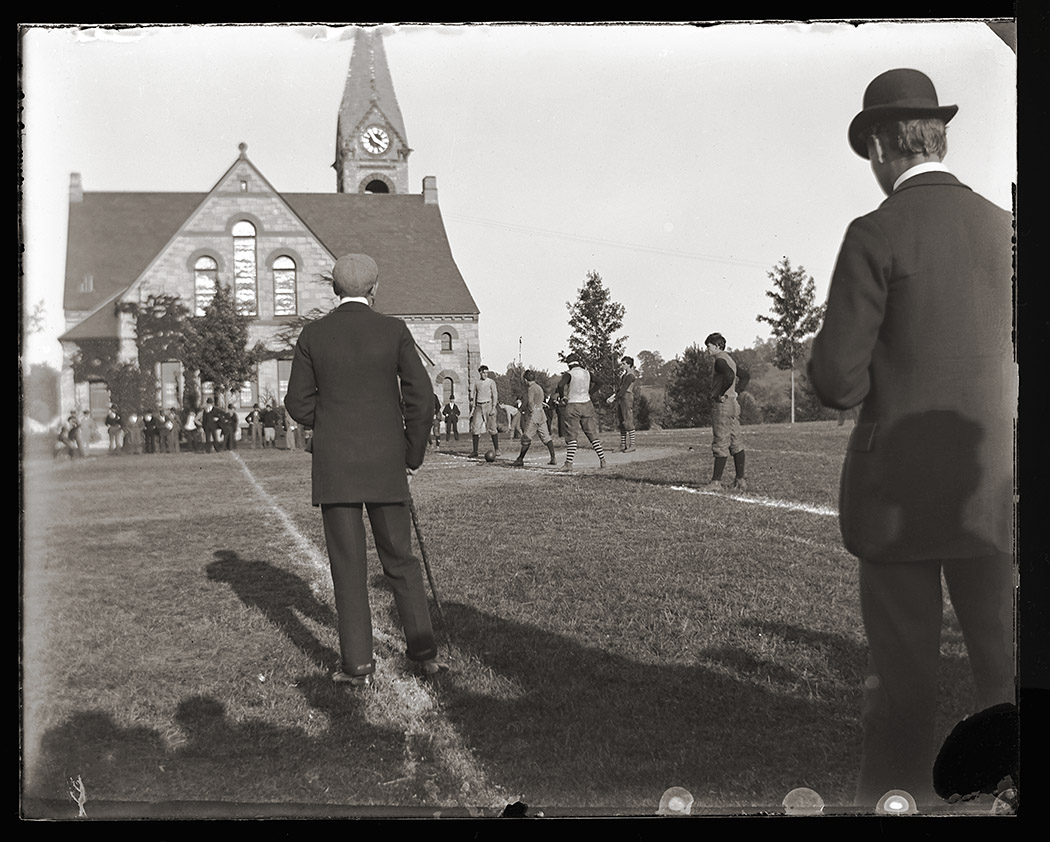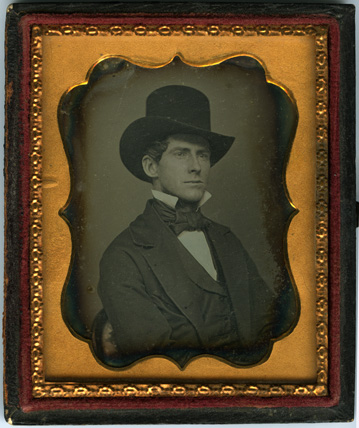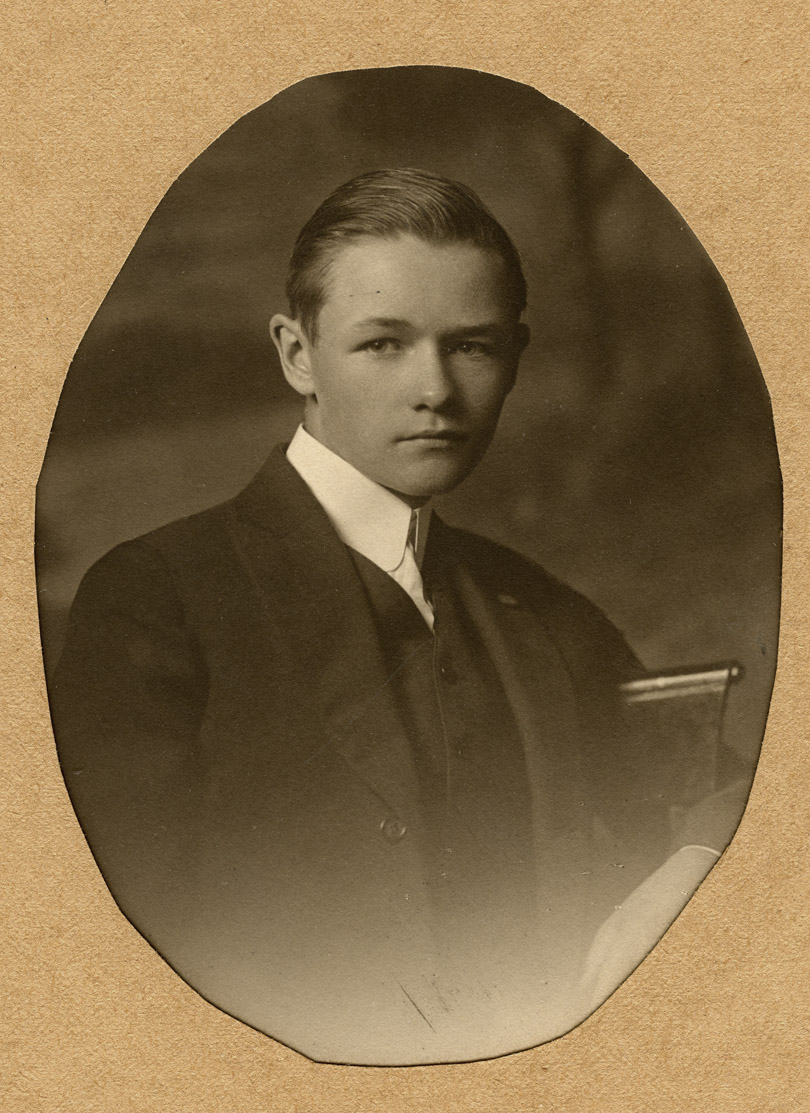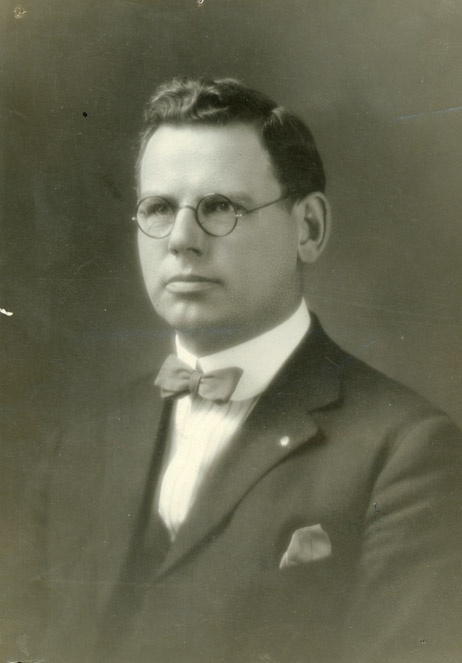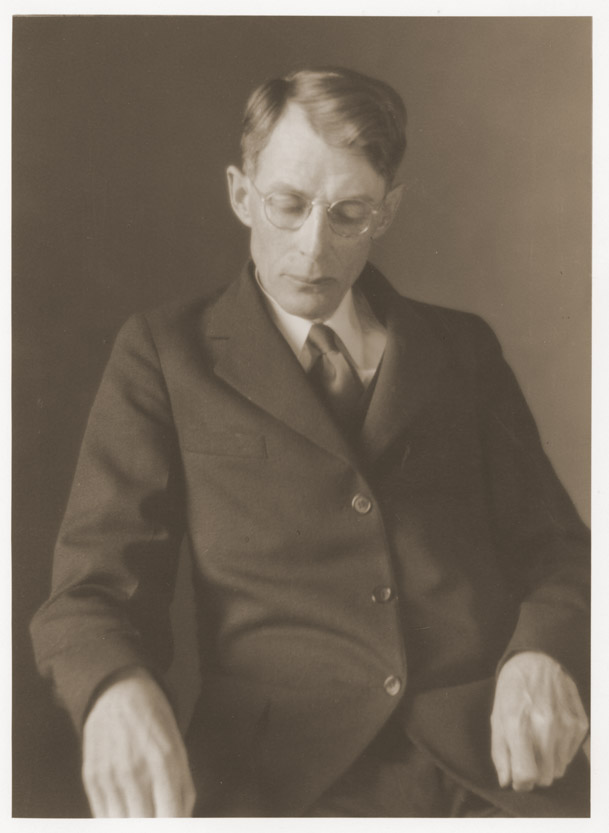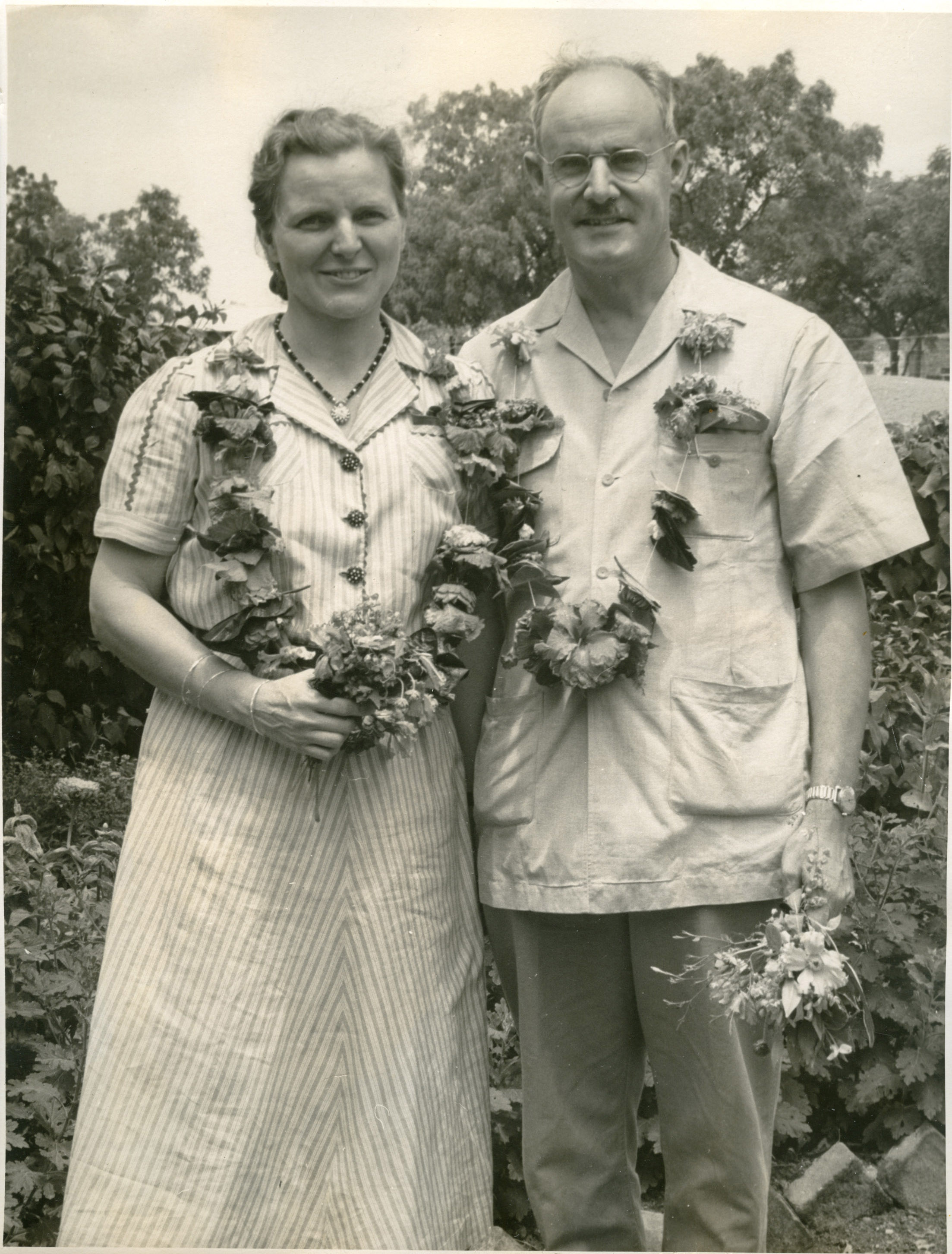Charles A. Peters Papers
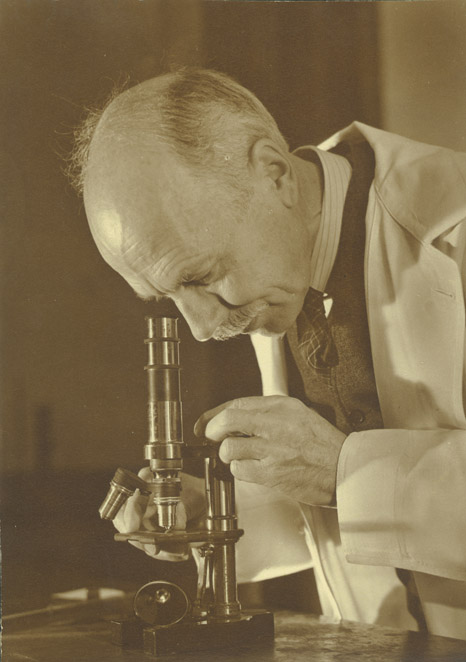
Born in Worcester, Mass., in 1875, Charles A. Peters studied chemistry under Charles Goessmann at Massachusetts Agricultural College, graduating with the class of 1897. After receiving his doctorate at Yale in 1901, he joined the faculty at the University of Idaho for several years before completing his education with two years of post-doctoral work in Berlin (1908-1910). Offered the chance to return to his alma mater in 1912, Peters became a cornerstone of instruction in chemistry, teaching courses for many years in quantitative analysis, inorganic chemistry, and analytical chemistry, and serving as chair of the department. Although he retired when he reached the mandatory age in 1945, Peters remained in Amherst. In 1970, he was presented a gold cane by the Amherst selectmen as the town’s oldest man. He died on Oct. 4, 1973, at the age of 99.
A small, but diverse collection, the Peters Papers include an interesting assortment of materials from the early years of Charles Peters’ association with the Massachusetts Agricultural College. In addition to an assortment of correspondence, primarily from the turn of the 20th century, the collection includes a series of notes taken during undergraduate classes in economic botany, horticulture, chemistry, agriculture, and organic chemistry, some teaching materials, and personal photographs.


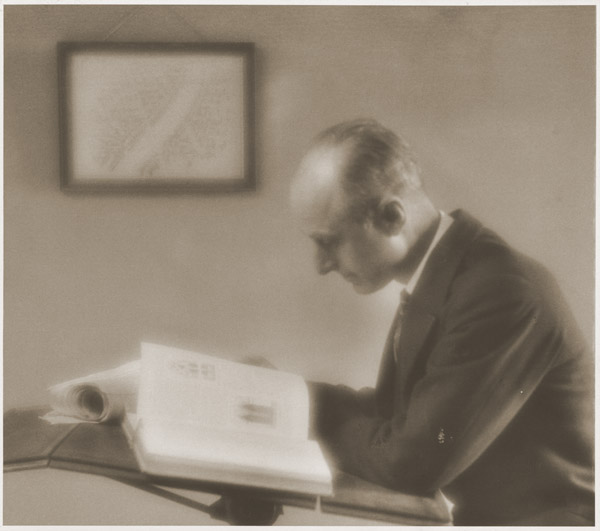
 Listen to oral history with Rand's wife:
Listen to oral history with Rand's wife: 